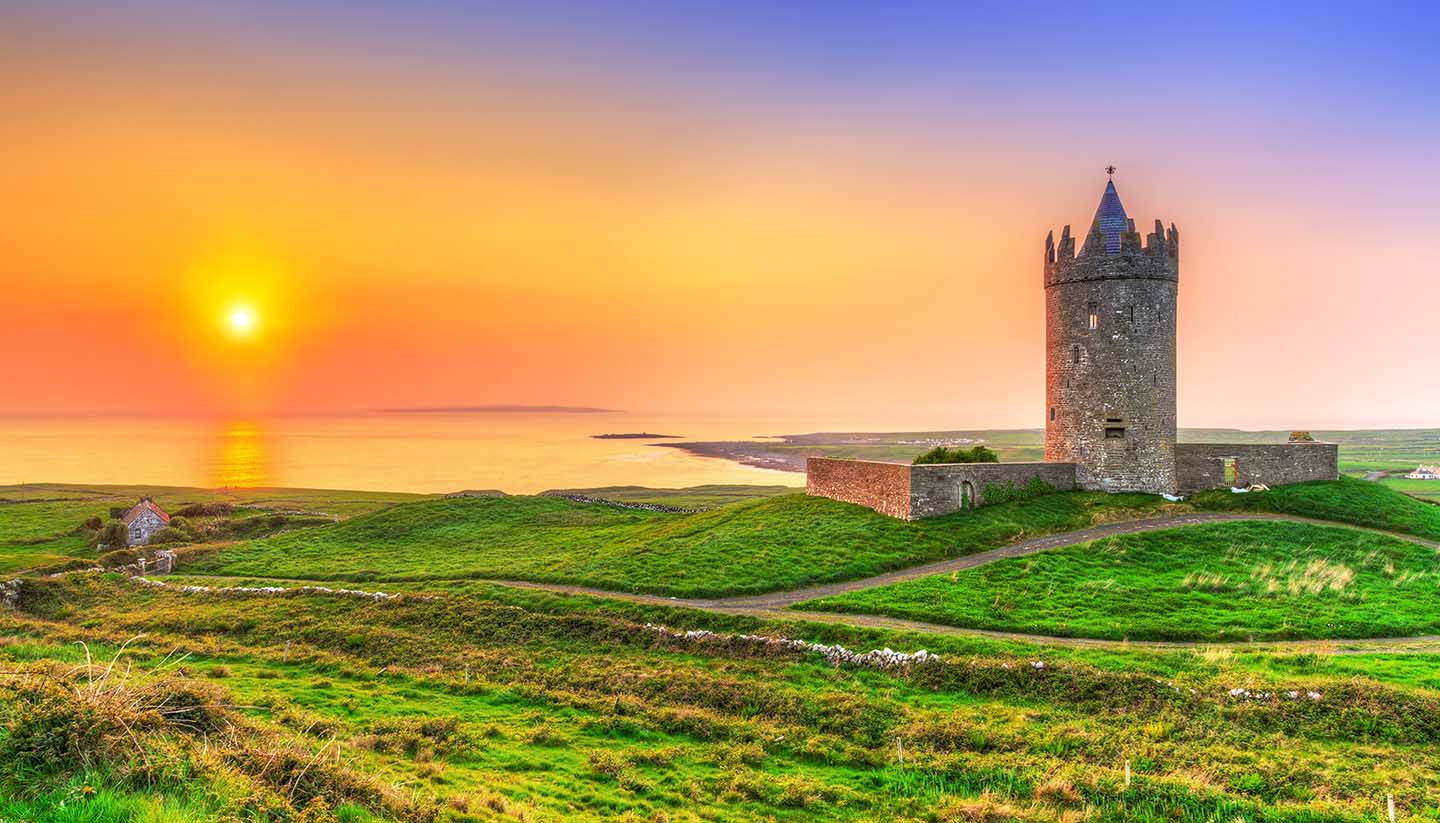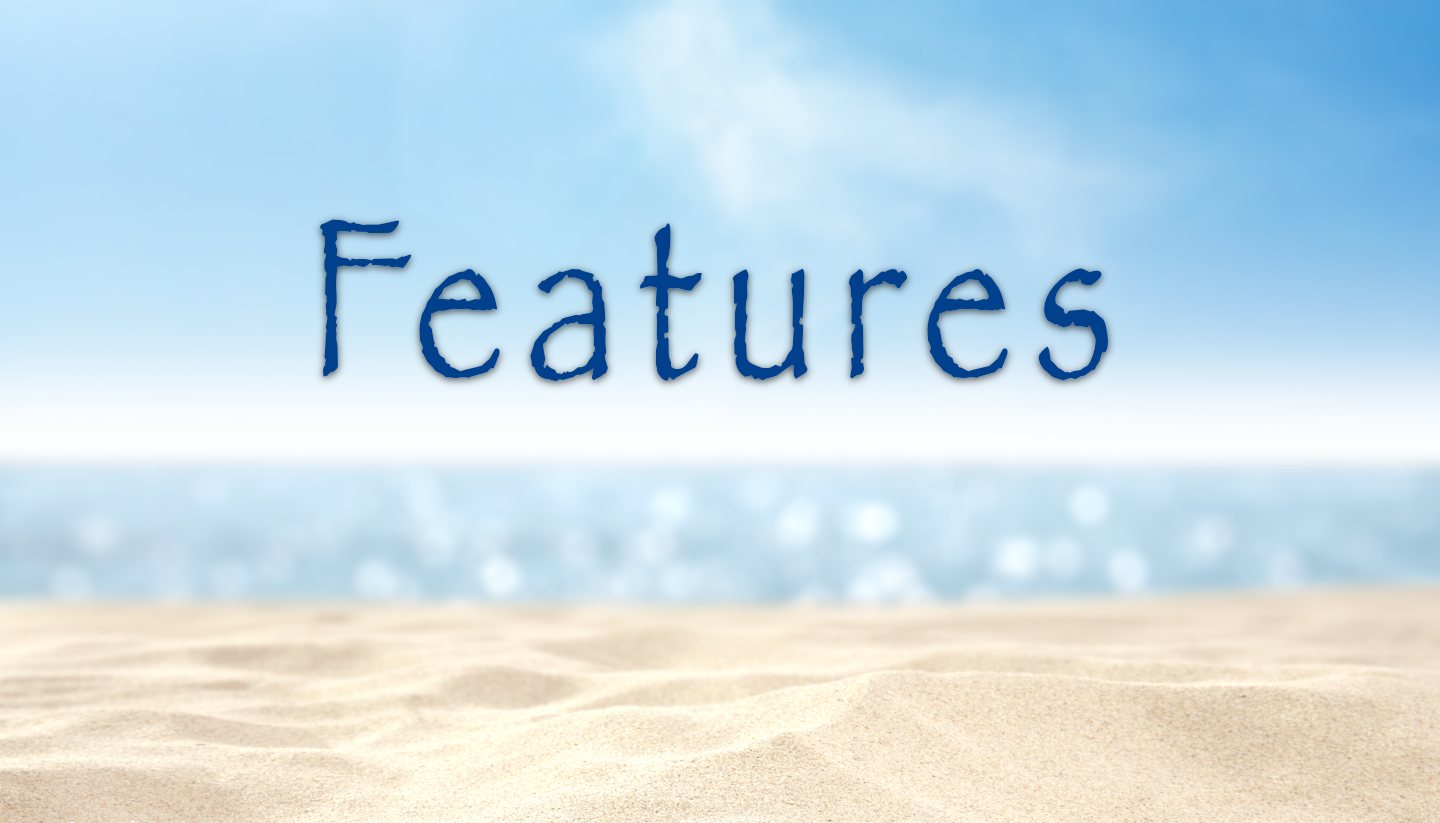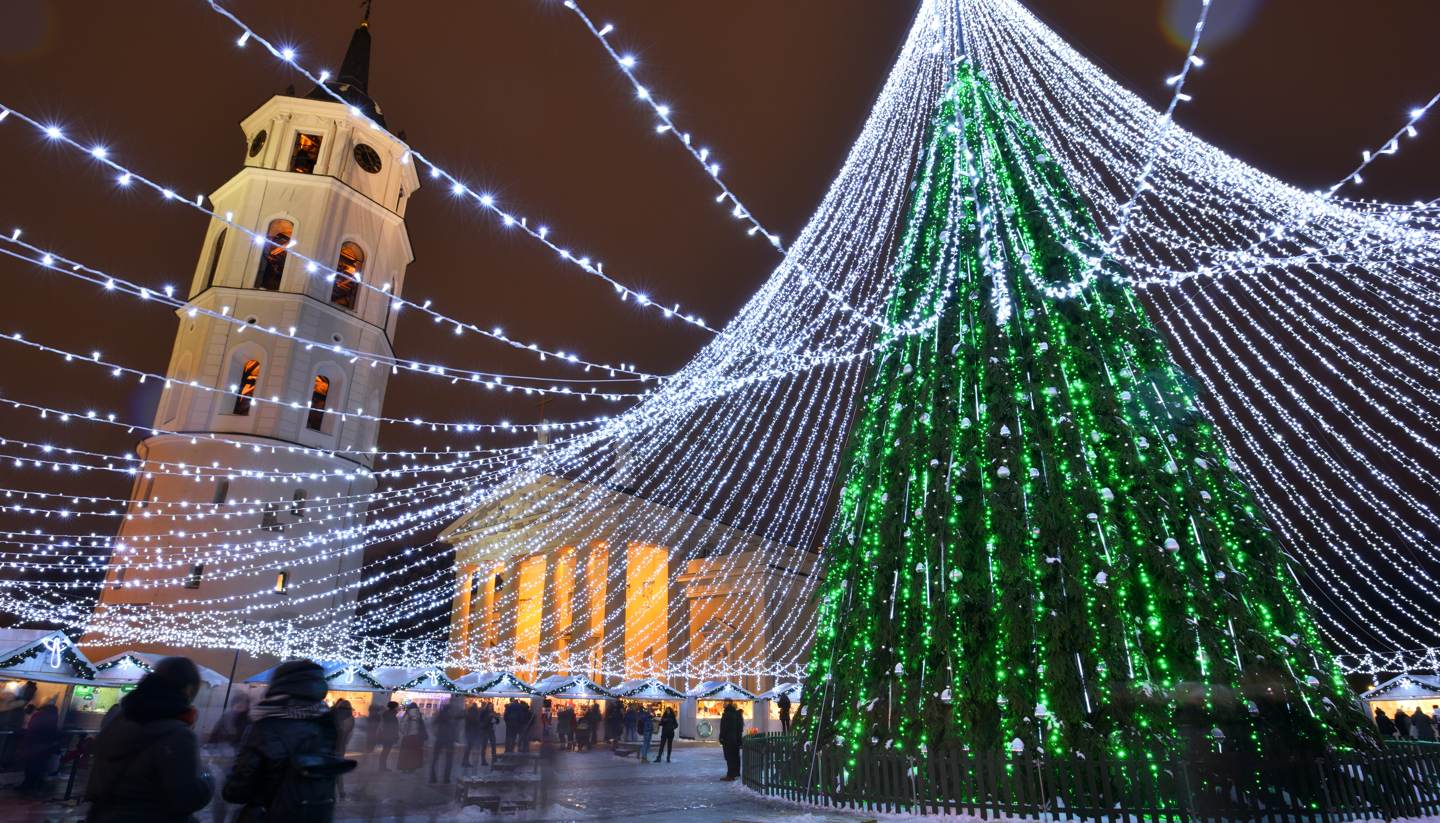Ireland History, Language and Culture
History of Ireland
An unswerving commitment to Catholicism on the part of the majority, and the frequent uncertainty and instability governing Anglo-Irish relations, are key features of Irish history.
It was a war between Irish chieftains and the Vikings which first led to English involvement. In 1169-70, Richard of Clare, Earl of Pembroke (nicknamed Strongbow), was invited over by an Irish chieftain to help protect his interests. Instead, Strongbow conquered almost the entire country with only a tiny force of archers and mounted knights.
Many Norman families subsequently moved across the Irish Sea, effectively colonising the country. Thus followed the notorious ‘800 years’ of English rule. Repeated and largely unsuccessful efforts from the 14th century onwards were made to bring the island under Irish control.
The country’s turbulent political life then took a new twist after the English Civil War, when the Irish rose in favour of the deposed monarchy in 1649. The victorious Oliver Cromwell led an army across the Irish Sea and ruthlessly quashed the rebellion.
The Act of Union in 1801 incorporated England, Scotland, Wales, and the whole of Ireland into the United Kingdom. However, the grossly inadequate response of the government to the potato famine of 1845 and 1846 highlighted its lack of interest in the welfare of the Irish people, and, after prolonged uprisings, Irish Home Rule was granted in 1920. The terms of independence stipulated that Ireland be partitioned into two parts.
In the northern provinces, where most Protestants had settled three centuries earlier, there was fierce opposition to the prospect of being ruled by a Catholic majority. Six of the nine counties of the historic province of Ulster therefore remained in the United Kingdom, and the other 26 counties became the Irish Free State.
The ensuing civil war in the south between supporters and opponents of the agreement gave rise to the country's two main political parties, Fianna Fáil and Fine Gael. In 1937, the Irish Free State was given full sovereignty within the Commonwealth. In 1949, the 26 counties became a republic. Since the 1970s, Ireland has been governed alternately by Fianna Fáil and a coalition of Fine Gael and the smaller Labour Party.
Recent political agenda has been dominated by the challenge to the orthodox morality of the Catholic Church, especially on the contentious issues of abortion and divorce. A milestone was marked in 2015 when Ireland became the first country in the world to legalise gay marriage by popular vote.
Did you know?
• The Aran Islands still host an annual Father Ted festival.
• The longest place name in the country is claimed by County Galway’s Muckanaghederdauhaulia.
• Arthur Guinness signed a 9,000-year lease for the St James’ Gate brewery in 1759.
Ireland Culture
Religion in Ireland
Roman Catholic 84%, the remainder being Protestant, with Jewish and Islamic minorities.
Social Conventions in Ireland
The Irish are renowned as an affable, easy-going people, whose conversation is liberally dosed with humour, irreverence and - if you listen carefully - a beal bocht, an Irish expression that translates as 'the poor mouth'. It refers to a kind of modesty where the speaker is careful to talk themselves down and never reveal how well he or she is actually doing. In short, the Irish don't really like a show-off.
Arguably the best place to observe and engage with the Irish is in the pub, still a centre of social interaction in Ireland, especially in smaller communities throughout the country. A meal in an Irish home is usually a substantial affair and guests will eat well. Dinner is the main meal of the day and is now eaten in the evening. Casual dress is widely acceptable, but people will often dress up for smart restaurants and social functions. Handshaking is usual, and modes of address will often be informal. Smoking is banned in all public enclosed/working spaces, including pubs, bars and restaurants.
Language in Ireland
Irish (Gaelic) is the official language. Estimates vary on the number of people who genuinely speak it as a first language (somewhere between 50,000 and 100,000), but English is the language of the majority.
Phrases
- Beer = Beoir
- Closed = Dúnta
- Danger = Baol
- Do you speak English? = An labhrann tú Béarla?
- Doctor = Dochtúir
- Eight = Ocht
- Eighty = Ochtó
- Entrance = Bealach isteach
- Exit = Éalú
- Fifty = Caoga
- Five = Cúig
- Forty = Daichead
- Four = Ceathair
- Friday = Dé hAoine
- Goodbye = Slán agat / Slán leat
- Hello = Dia dhuit
- Hotel = Óstan
- How are you? = Conas tá tú? / Cén chaoi a bfhuil tú? / Caidé mar atá tú?
- How much does it cost? = An mó atá air? / Cé mhéid air seo?
- I'm very well = Tá mé go hanmhaith
- I don't understand = Ní thuigim
- I feel ill = Tá tinneas orm
- Menu = Biachlár
- Monday = Dé Luain
- My name is = is ainm dom
- Nine = Naoi
- Ninety = Naocha
- No = Ní hea
- One = Aon
- One Hundred = Céad
- One Thousand = Míle
- Open = Oscailte
- Please = Más é do thoil é / Le do thoil
- Restaurant = Bialann
- Saturday = Dé Sathairn
- Seven = Seacht
- Seventy = Seachtó
- Six = Sé
- Sixty = Seasca
- Sunday = Dé Domhnaigh
- Ten = Deich
- Thank you = Go raibh maith agat
- Thirty = Triocha
- Three = Trí
- Thursday = Dé Déardaoin
- Today = Inniu
- Toilets = Seomra folctha
- Tomorrow = Amárach
- Tuesday = Dé Máirt
- Twenty = Fiche
- Two = Dó
- Wednesday = Dé Céadaoin
- Where is ? = Cá bfhuil ?
- Wine = Fíon
- Yes = Sea





